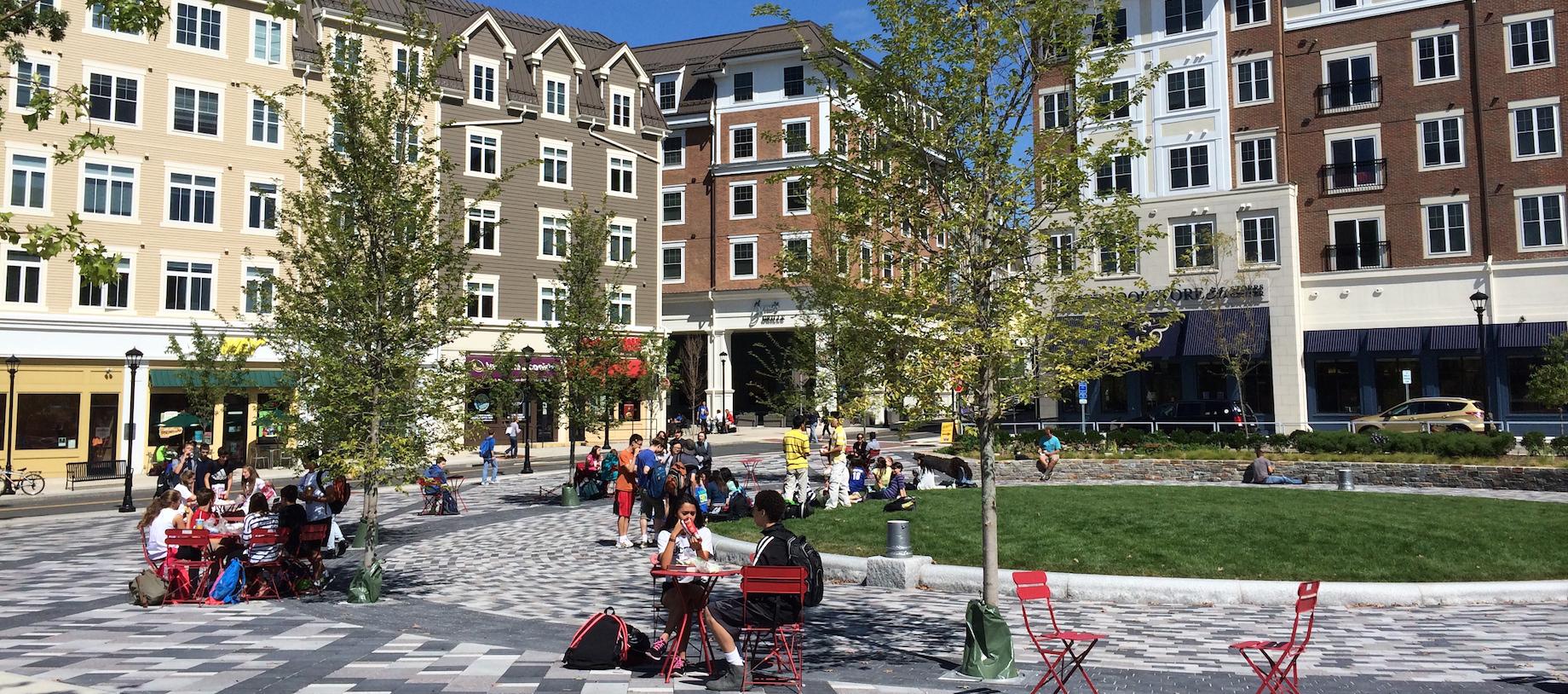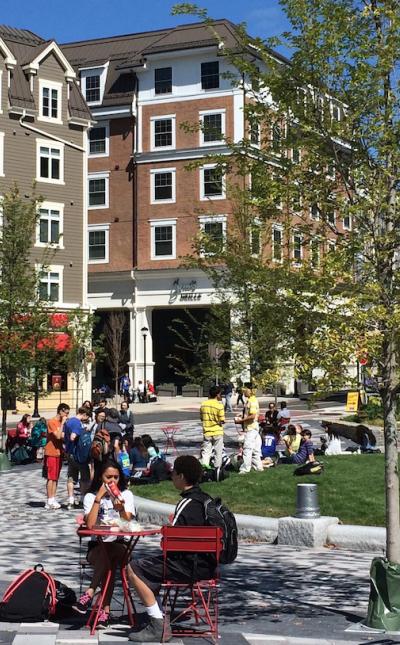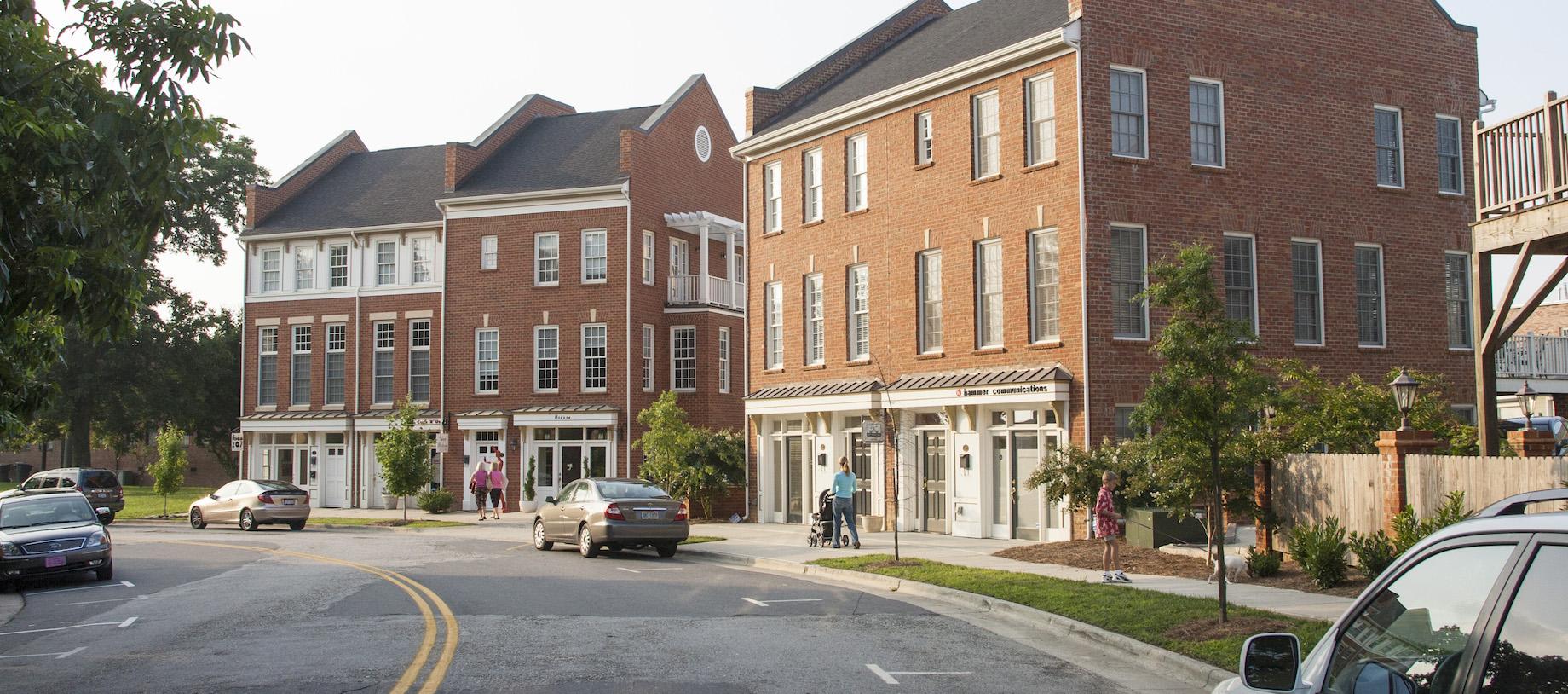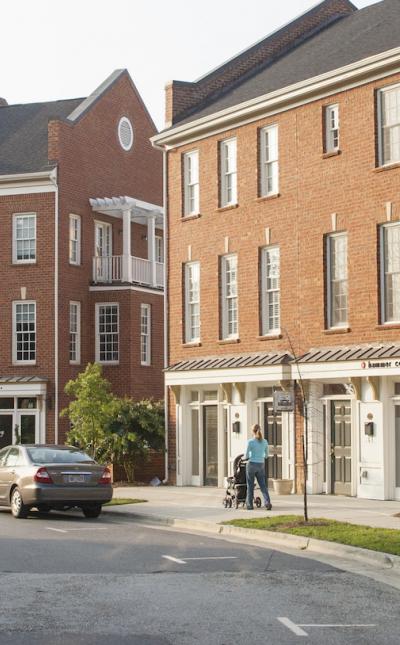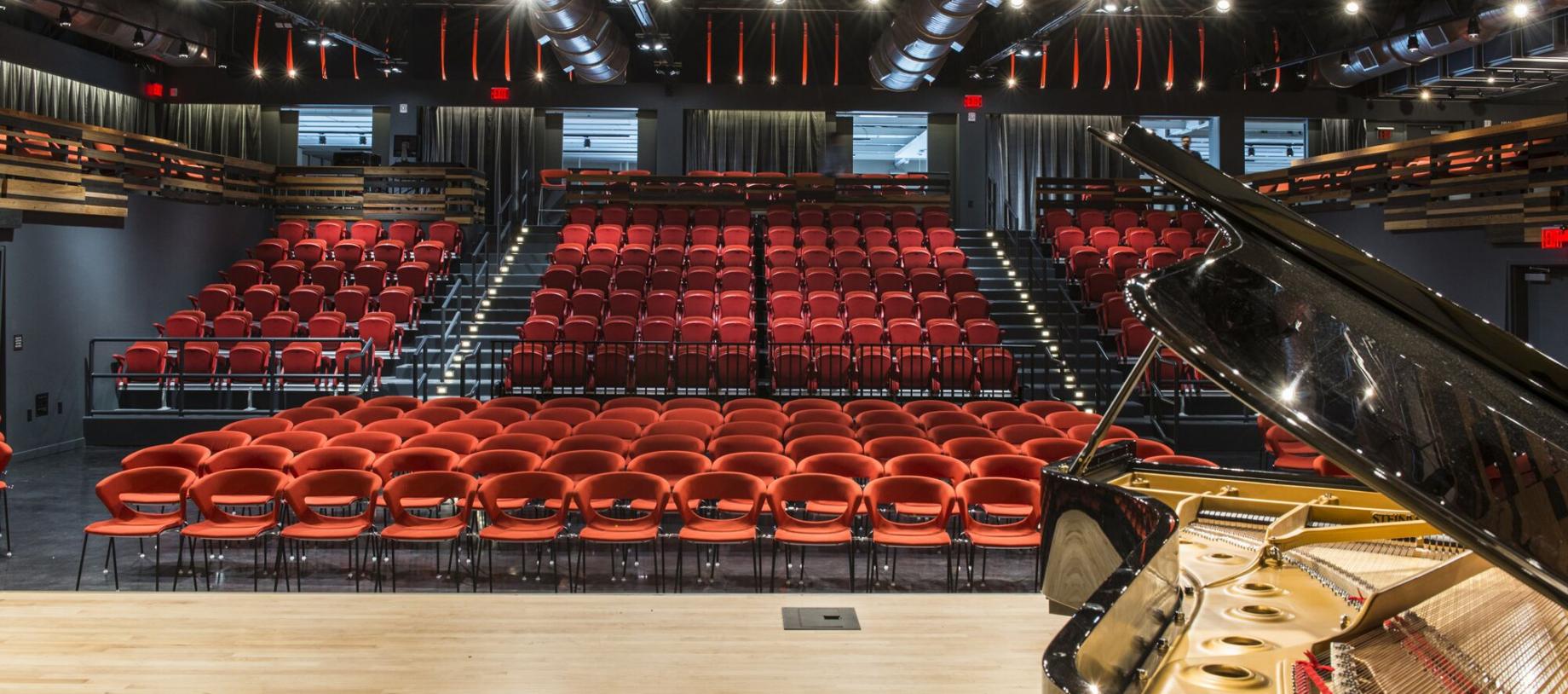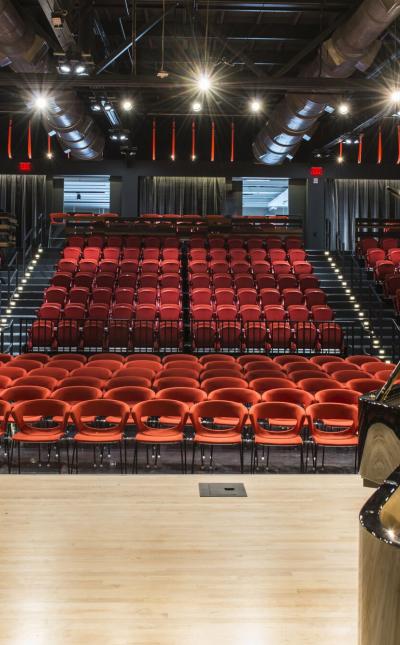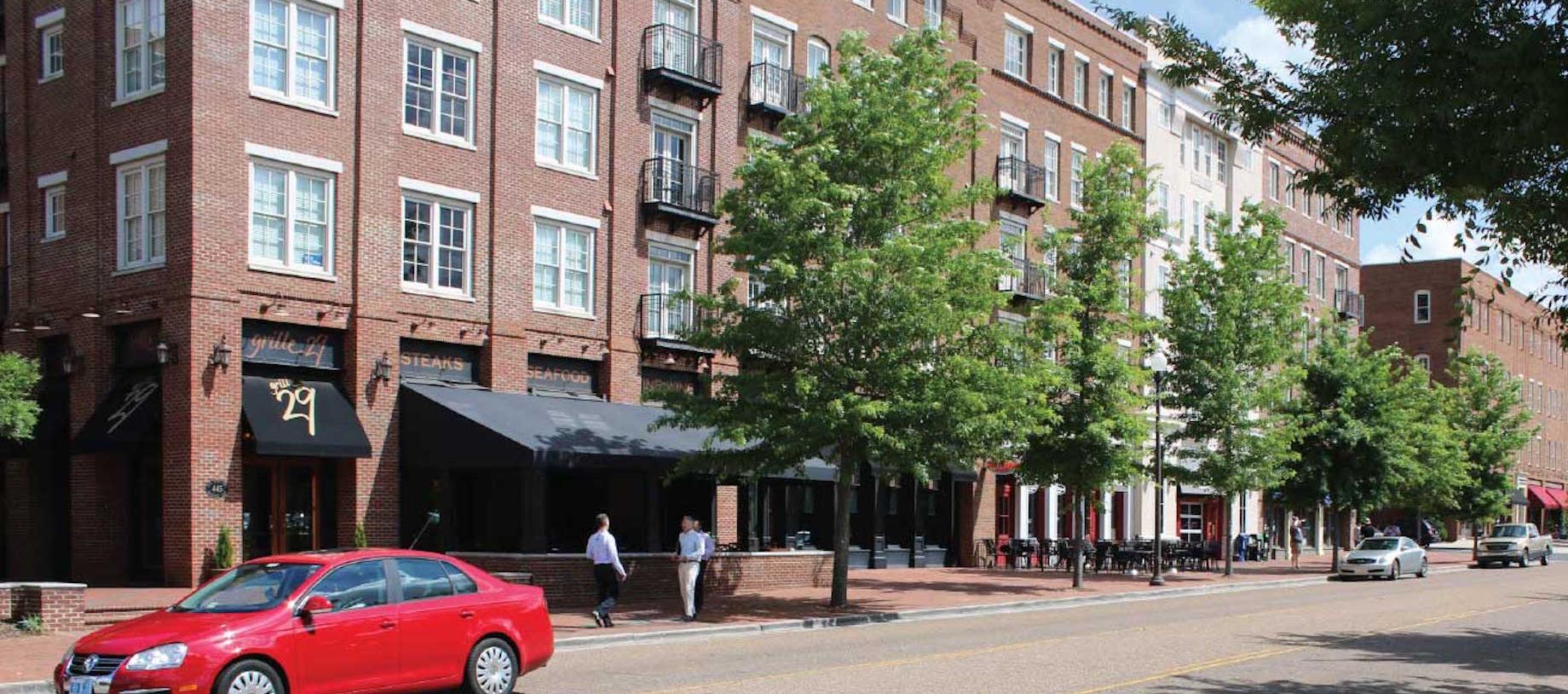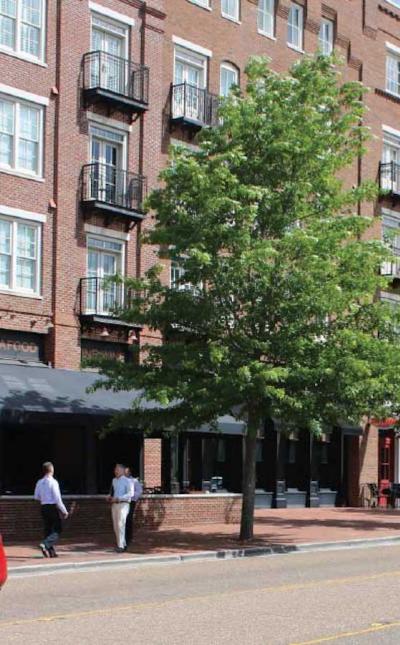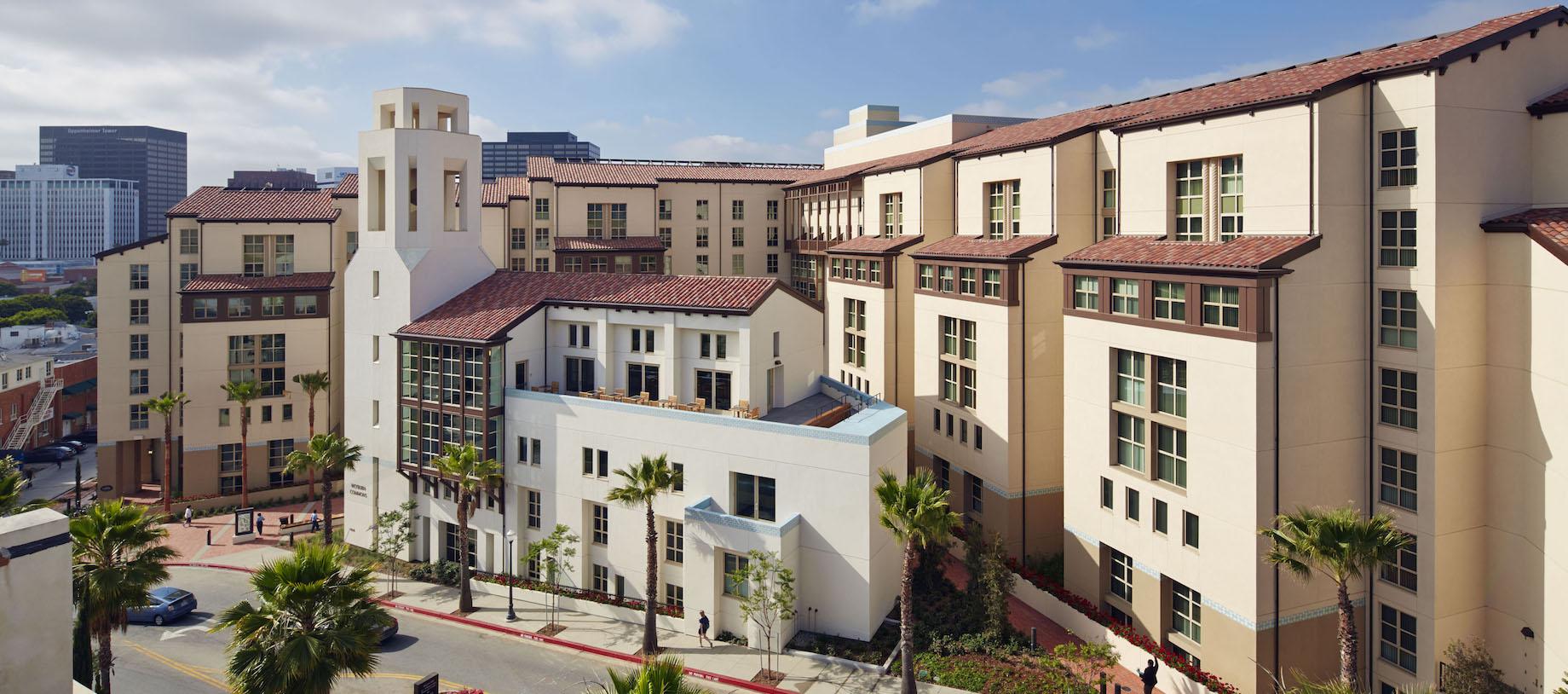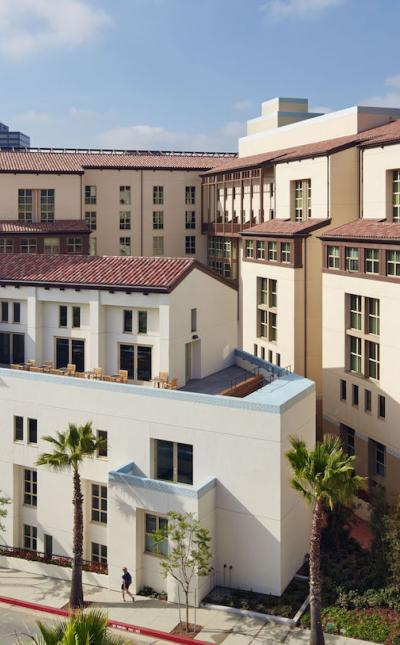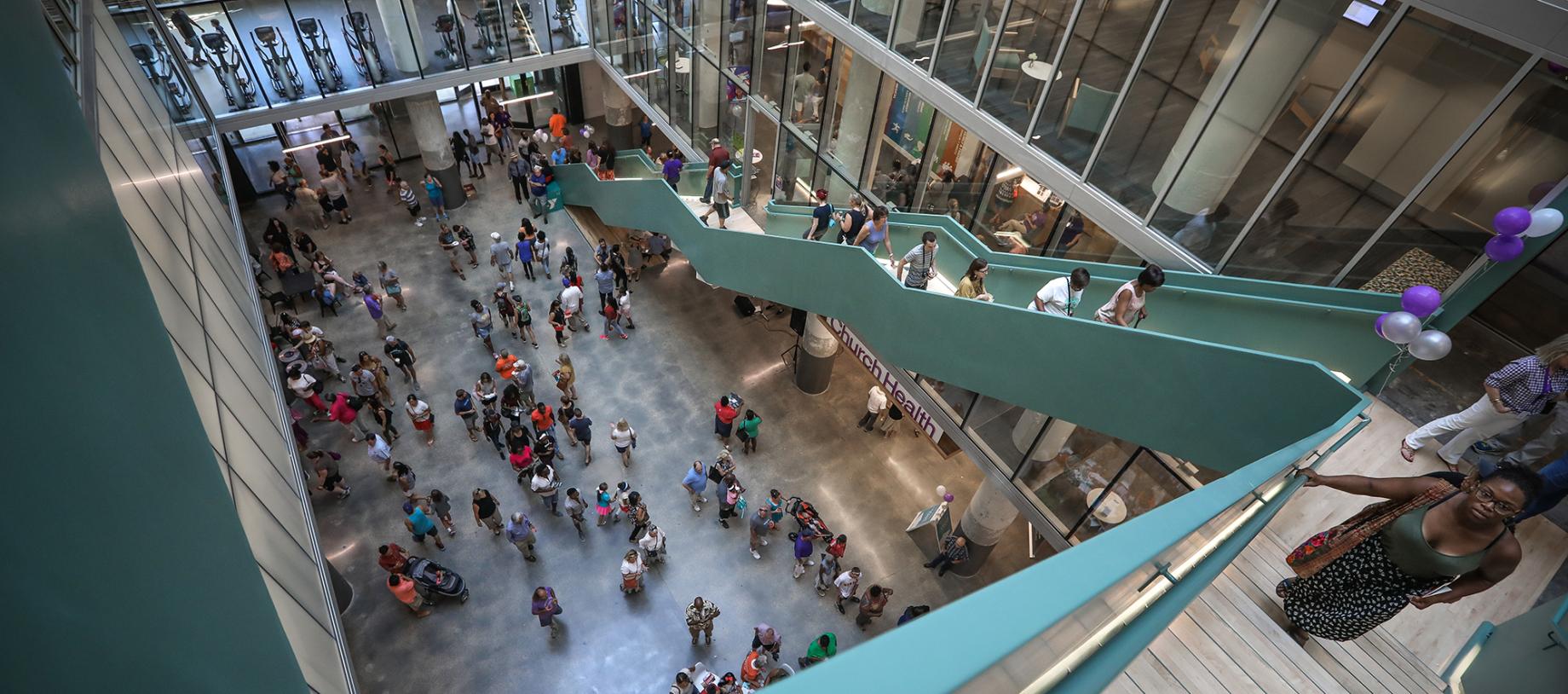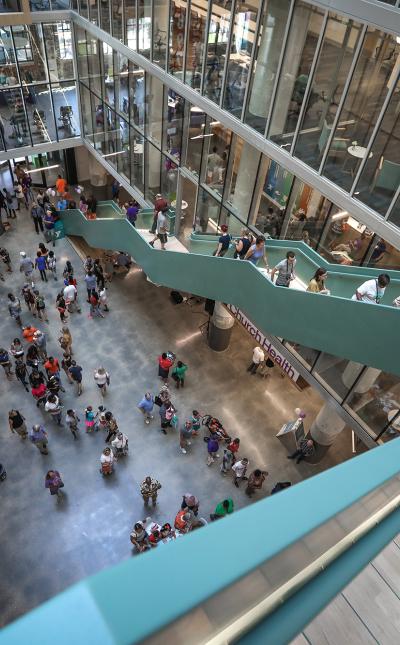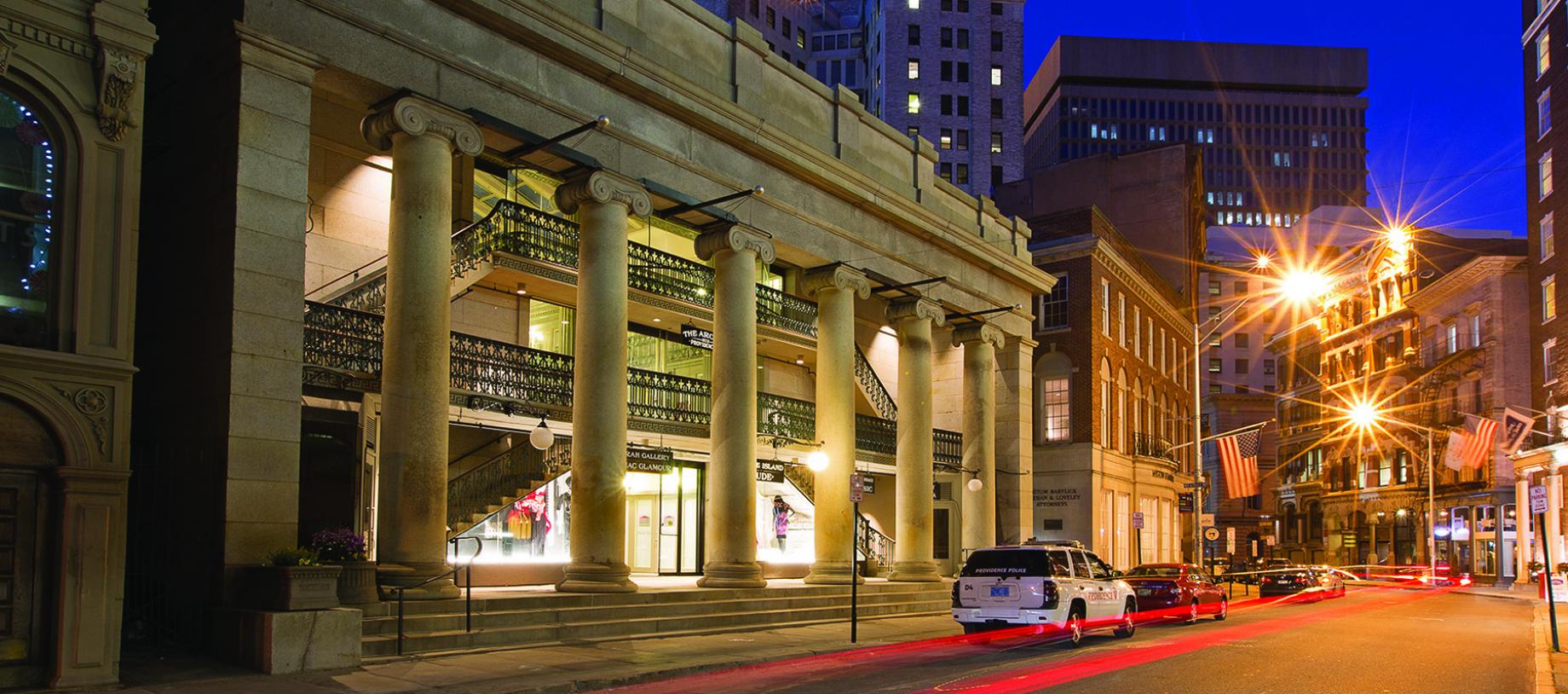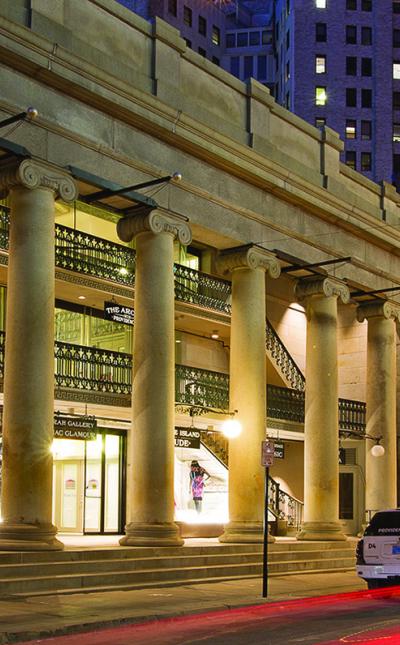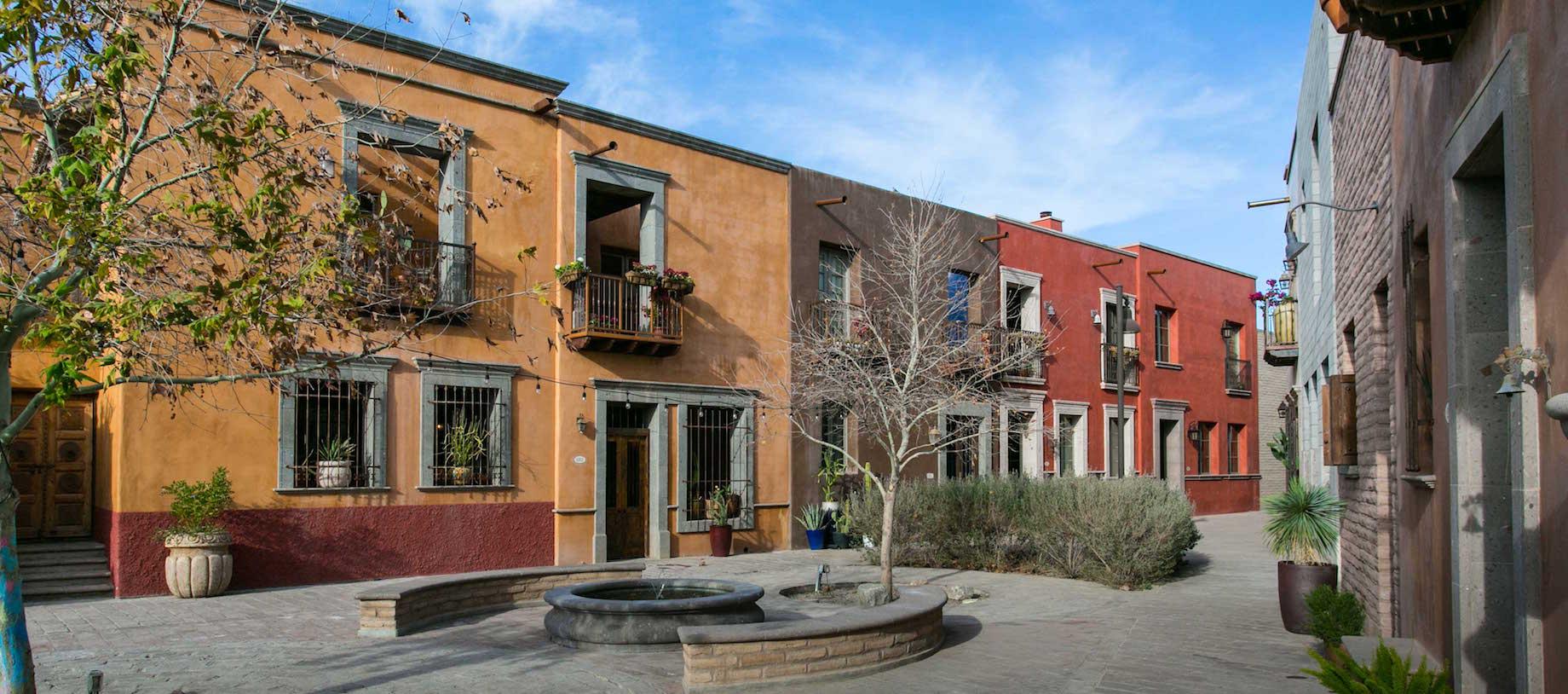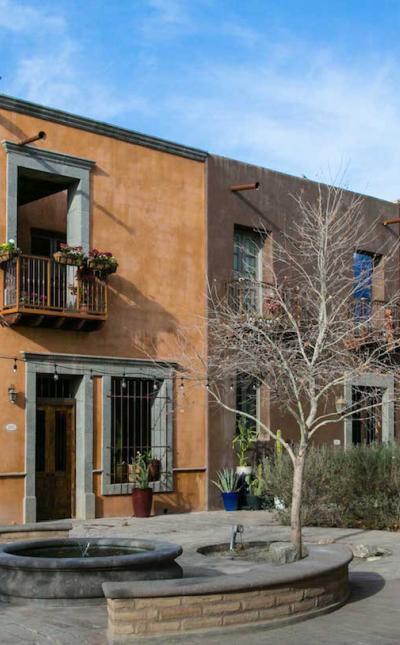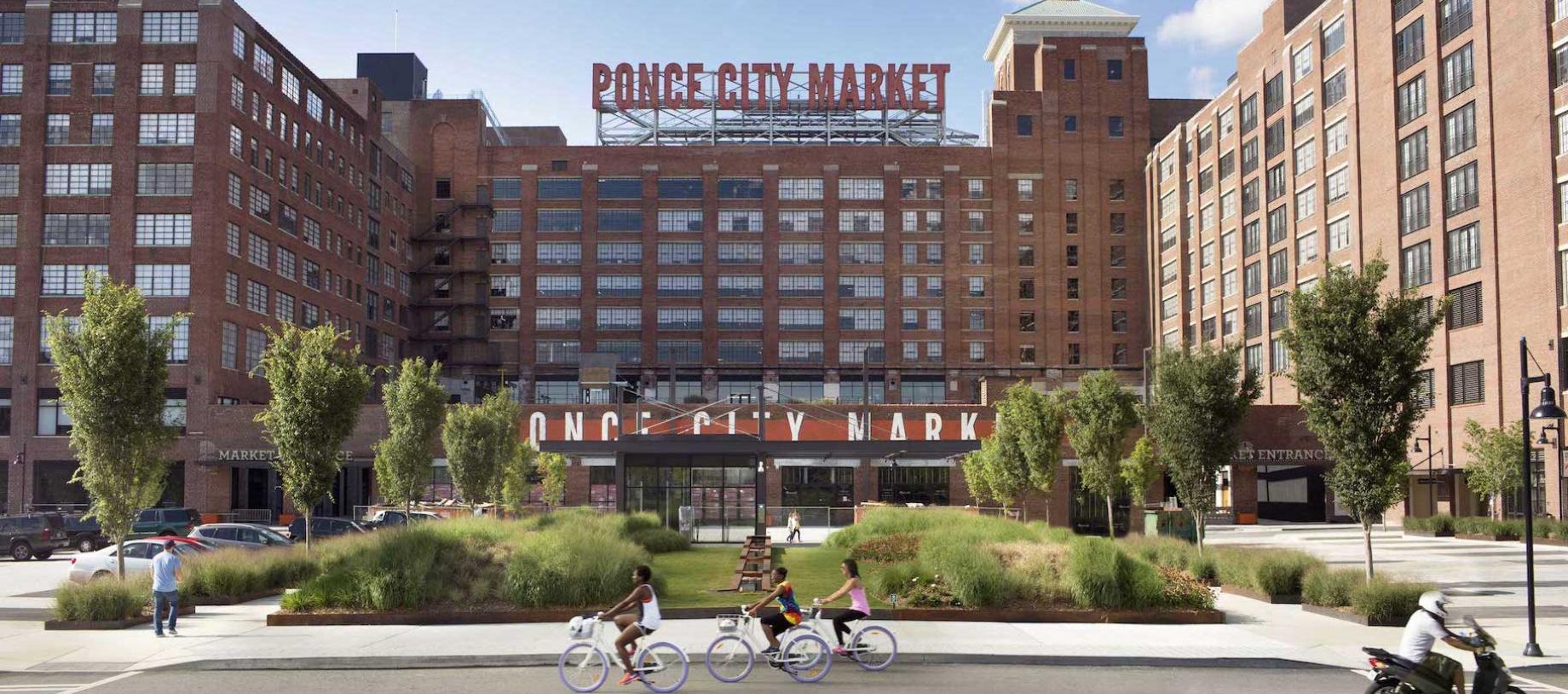What are CNU Legacy Projects?
Each year, in conjunction with its annual Congress, CNU invites municipalities and neighborhood organizations within the Congress's host region to apply for pro-bono technical assistance from leading urban design firms. Through public engagement and collaboration, CNU’s Legacy Projects strive to demonstrate the power of great urban design beyond the boundaries of each selected community, and targeted communities experience both short-term progress and long-lasting momentum
Read the CNU 30 Legacy Projects Final Reports
CNU 30 LEGACY PROJECTS
Jewel Theatre, Oklahoma City
The goal of this project is to restore and preserve the Jewel Theatre, a rapidly deteriorating cultural asset, and an additional 1.4 acres of abutting property in Oklahoma City. The Jewel Theatre sits on a once-booming, Black-owned commercial district along Northeast 4th Street within the historic Deep Deuce neighborhood. Since its prime during the 1940s and 1950s, urban renewal displaced much of the community and led to disinvestment, with many empty lots and a few historic buildings.
Leading the effort is Open Design Collective, a non-profit organization that connects Black communities with city planning resources necessary to promote social and physical change. Open Design Collective has partnered with Arthur Hurst (owner of the Jewel Theatre), Presbyterian Health Foundation (abutting 1.4-acre property owner), Councilwoman Nikki Nice, and the Alliance for Economic Development of Oklahoma City.
Global District, Tulsa
The Tulsa Planning Office is aiming for Main Street revitalization plan for one of the most demographically diverse areas in Tulsa. The District is characterized by suburban-style development with many large parking lots. The design goals include traffic calming, better use of public space, and promoting land-use opportunities to create a more walkable community. The proposal was submitted by the Tulsa Planning Office on behalf of the Destination Districts Program, which aids in revitalization of areas that have been historically underserved.
“This area of Tulsa has been an entry point for immigrants over the last 20-30 years, and it is our vision that the Tulsa Global District will be a safe, welcoming, and vibrant neighborhood, a destination for inclusive economic opportunity, and an international model for celebrating cultural diversity,” says the planning office.

